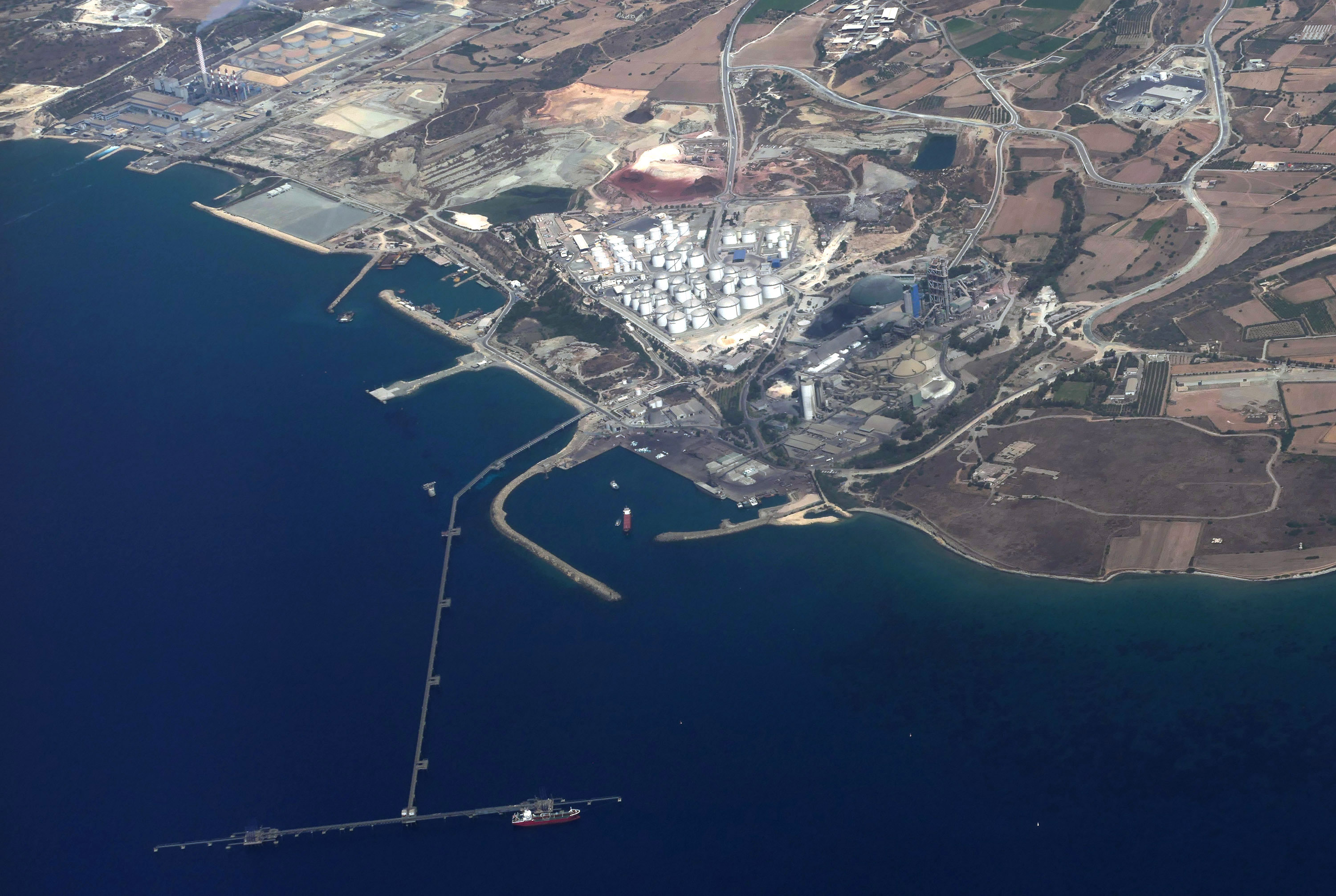It should have come as no surprise that the European Public Prosecutor’s Office (EPPO) opened an investigation into the controversial Vasiliko LNG terminal regarding procurement fraud, misappropriation of EU funds and corruption. The surprise was that the EPPO needed so long to open an investigation, considering the scandalous irregularities were evident before the contract had been signed in December 2019.
This was the biggest ever infrastructure project at a cost of €500m and it was awarded without competitive tenders, after two other companies had been excluded for compliance reasons, to a consortium led by a Chinese company with no expertise and know-how in building LNG import terminals; its expertise was in petroleum pipelines. Before the contract had been signed the auditor-general Odysseas Michaelides had repeatedly written to the Public Company for Natural Gas (Defa), urging it to cancel the procedure because there had been blatant irregularities in the evaluation of the tender.
With Defa refusing to take the responsibility of signing the contract, then president, Nicos Anastasiades, called a meeting at his office at which he personally took the decision to go ahead with the project, which was of “great national importance,” regardless of the mistakes, omissions and irregularities identified by the Audit Office. Incredibly, he ignored the warnings and, in effect, decided that the violations of procedures and rules of good government should be overlooked. It was a scandalous position for a president to take, confirmed by the fiasco that resulted.
Six months after the signing of the contract a report in the French paper Liberation quoted an industry source saying, “this contract is grotesque, it is a financial and ethical scandal.” The paper also pointed out that an extortionate price had been charged for the purchase of an LNG carrier and its conversion into a FSRU (floating storage recovery unit). LNG carriers from the early 2000s were being traded for about €40m while a similar conversion contract was signed by Croatia at the same time for less than €30m, Liberation reported. The cost for the FSRU for Cyprus was budgeted at more than double this price – at €200m which was two thirds of total amount for setting up the terminal.
Where had this €100m paid above the market price gone? If the CPP-Metron Consortium (CMC) had made such a handsome profit from the purchase of the LNG carrier and its conversion into a FSRU, why was it demanding more money while the project was in progress? CMC was paid an additional €25m for increased cost of materials – a transaction that was not justified by the provisions of the contract according to the Audit Office – and submitted a statement of claim at arbitration court in London seeking an additional €200m in costs from the Natural Gas Infrastructure Company (Etyfa) which was in charge of the project. How had CMC got its calculations of costs so wrong? Was its lack of expertise so great?
Now, thanks to Anastasiades’ indefensible decision, the taxpayer could be looking at a bill of several hundred million euro and still not have a functioning LNG terminal. The arbitration court is unlikely to rule completely in Etyfa’s favour, while the EU could claim back the €101m it contributed to the project via the Connecting Europe Facility programme. The EPPO is investigating the misappropriation of EU funds among other things. Meanwhile, the Cyprus government had kept the EPPO’s investigation a carefully guarded secret, since it was notified about its commencement last March, presumably hoping it would disappear.
It was obliged to come clean about it on Thursday afternoon, only after media reports about the EPPO investigation appeared. The deputy government spokesman confirmed that an investigation was being carried since March, an hour before the EPPO issued announcement on the matter. On Friday the police issued an announcement saying an investigation was being conducted by a team from the financial crime division, under the supervision of the EPPO, but no further information could be given as it could jeopardise the investigation.
In a country with rule of law, this investigation should have been carried out by the authorities four years ago, after the report in Liberation about the Republic paying €100m more than the average market price for the LNG carrier and its conversion. Of course, Anastasiades was president at the time and would never have allowed such an investigation to take place.
Energy Minister George Papanastasiou said last February, before the EPPO investigation started, that “we are paying for the sins of the past.” The bill for the sins will be very high and those responsible must be brought before justice.







Click here to change your cookie preferences